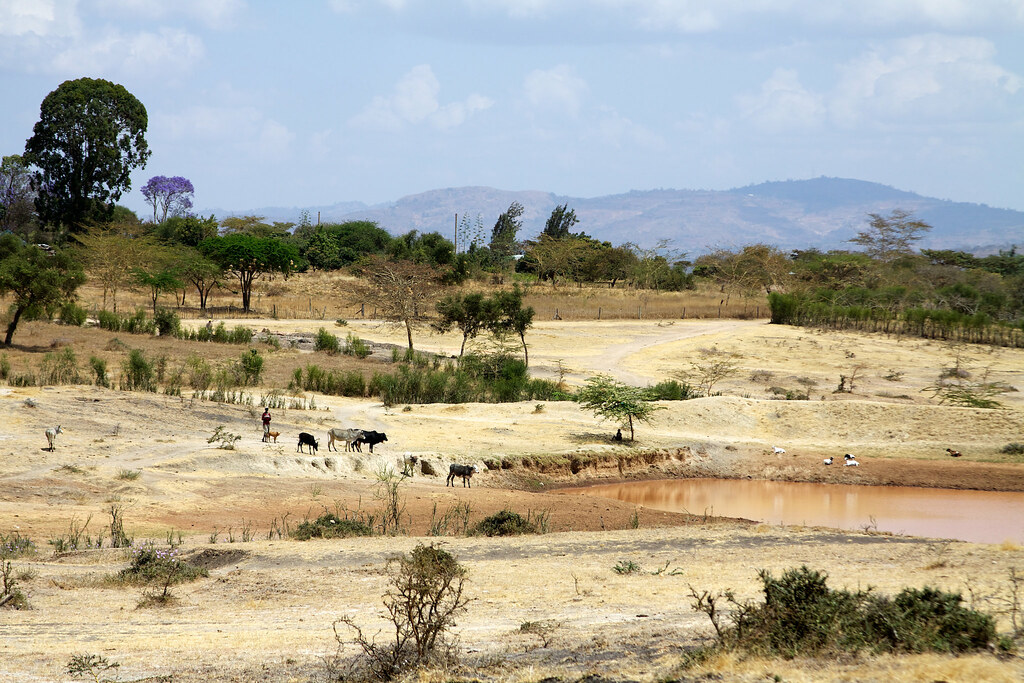Summers are already getting longer and hotter while winters shorter and warmer due to global warming.
Some people love long summers, others not so much. By the year 2100 people living in the Northern Hemisphere will have no choice but to get used to hot summers that last half a year.
The traditional four seasons will have long been gone by then because climate change is expected to warm temperatures to summer heat levels much of the year, say scientists.
The trend is already in progress.
“Summers are getting longer and hotter while winters shorter and warmer due to global warming,” explains Yuping Guan, a physical oceanographer at the State Key Laboratory of Tropical Oceanography who is the lead author of a new study.
The researchers looked at daily climate data from 1952 to 2011 to measure changes in the length of the four seasons and their onsets in the Northern Hemisphere. They defined the beginning of summer as the onset of temperatures in the hottest quarter during a year and winter as the onset of the coldest 25%.
They found that between 1952 to 2011 summer grew on average from 78 days to 95 days, while at the same time winter shrank from 76 days to 73 days. Spring in turn shortened from 124 days to 115 days, while winter did so from 87 days to 82 days.
“Accordingly, spring and summer began earlier, while autumn and winter started later. The Mediterranean region and the Tibetan Plateau experienced the greatest changes to their seasonal cycles,” they note.
If these trends continue and we are unsuccessful in mitigating the worst effects of climate change in coming decades, winter will last less than two months by the beginning of the next century while spring and autumn will also shrink further. At the same time, summer will continue to lengthen with extra heat.
In fact average annual temperatures could be anywhere between 2 degrees or 5 degrees higher within less than a century. “A hotter and longer summer will suffer more frequent and intensified high-temperature events – heatwaves and wildfires,” says Congwen Zhu, a monsoon researcher at the Chinese Academy of Meteorological Sciences in Beijing.
Needless to say, drastic changes in the seasons will have catastrophic consequences both for wildlife and human communities worldwide. Prolong droughts will usher in routine crop failures, for example. Meanwhile, entire ecosystems like those in the Amazon could collapse as dense rainforests give way to arid savanna.
This story first appeared on Sustainability Times
South Africa Today
© 2021 Sustainability Times.
This article is licensed under a Creative Commons Attribution-ShareAlike 4.0 SA International License.












